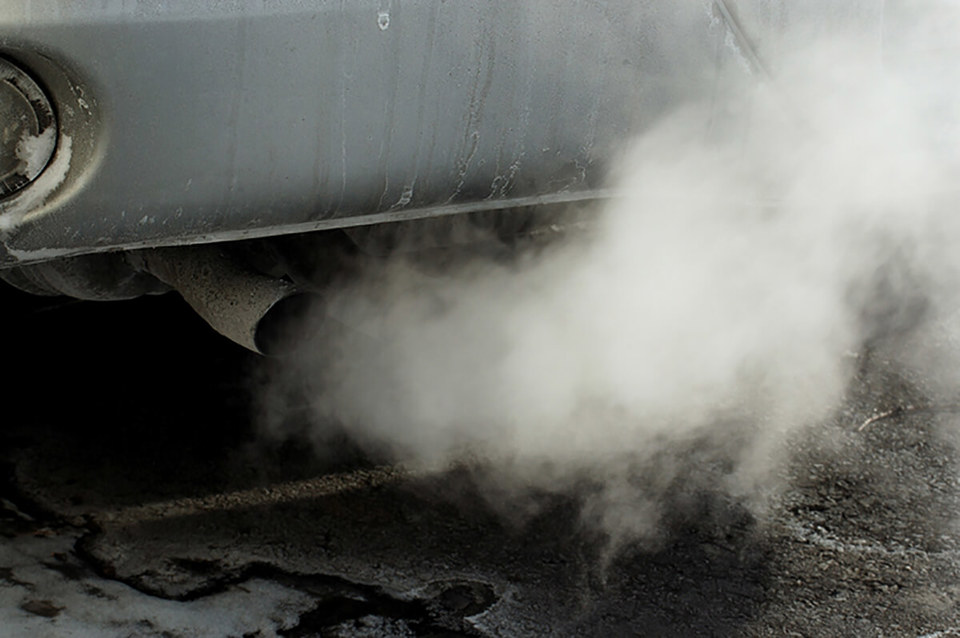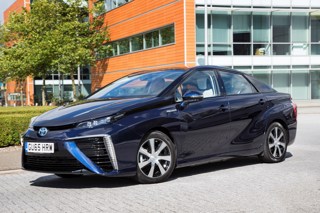Car manufacturers have called European Commission proposals to cut carbon dioxide (CO2) emissions from their vehicles by 30% by 2030 “very aggressive”.
In an effort to increase the adoption of electric vehicles (EVs), the anti-pollution target set by the commission is 50% more than manufacturers had wanted.
The proposed new rules also set an interim target of a 15% reduction in CO2 by 2025, which the industry’s European trade body, the ACEA, said does not give manufacturers enough time to make the necessary changes to vehicles.
Both targets are based on 2020 limits on emissions of 95g/km, but the commission said this may change if adjustments are made to account for the way vehicles perform on the road rather than in tests, suggesting the impact of the new WLTP (Worldwide harmonised Light vehicles Test Procedure) could be taken into account.
ACEA secretary general Erik Jonnaert said: “CO2 targets can provide an impetus for innovation in the auto industry, but the current proposal is very aggressive when we consider the low and fragmented market penetration of alternatively-powered vehicles across Europe to date.
“Europe needs much more investment in the recharging and refuelling infrastructure before we can expect consumers throughout the entire EU to embrace such vehicles.”
The anti-pollution targets have been announced as the latest data available showed CO2 emissions in Europe from transport increased by 2.1% in the past year, while other sectors’ emissions have been falling.
Figures from the Society of Motor Manufacturers and Traders (SMMT) have also shown diesel demand falling by almost a third, with 29.9% fewer registrations.
That’s not good news for CO2 emissions when diesel produces less than petrol.
Declines were seen across all sectors, with fleet and business registrations at 88,255 units for the month, compared to 102,381 vehicles in October 2016 – a 13.5% fall.
The anti-pollution targets proposed by the European Commission will now be considered by the European Council and Parliament, which will suggest their own changes before a final compromise is struck in early 2019.




















Patriot - 28/11/2017 14:18
Although the targets would technically remain in UK law, having been enshrined through Air Quality Standards Regulation, the EU would no longer have a role in enforcement and the UK would be free to repeal the laws. An EU exit would allow the UK to relax air quality standards and review any deadlines for meeting them.The UK is currently subject to EU infraction proceedings, so exiting would also remove the threat of fines for non-compliance.